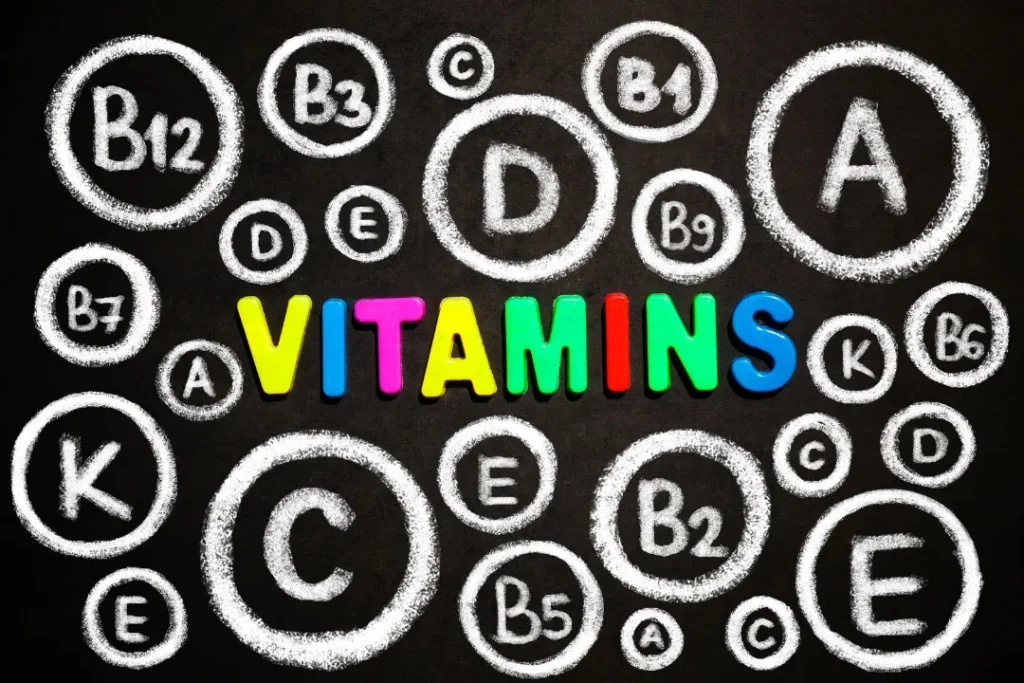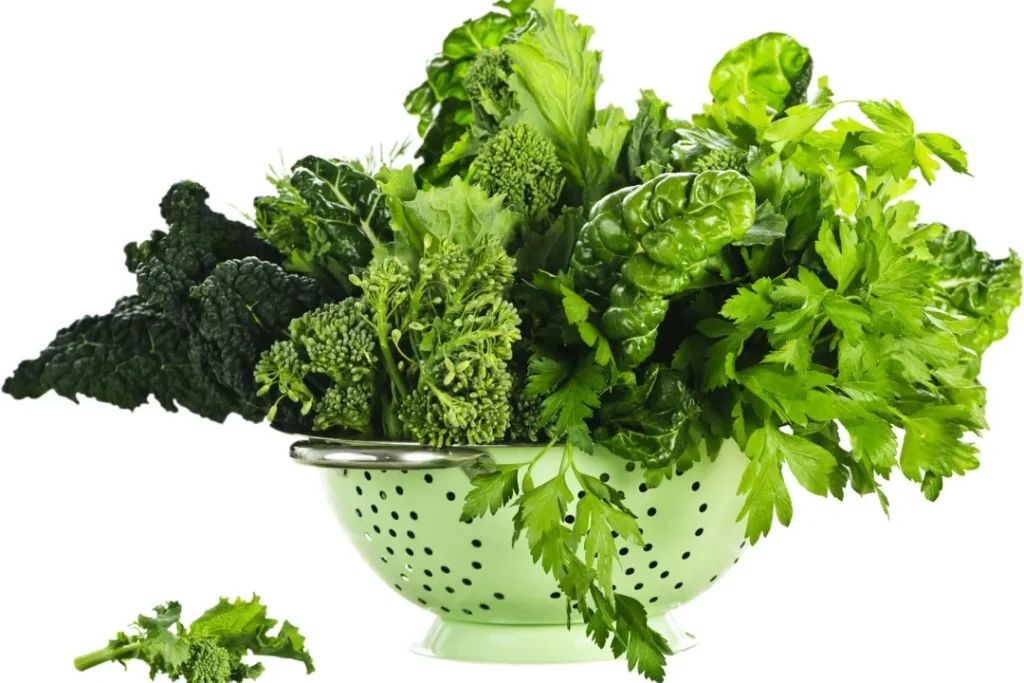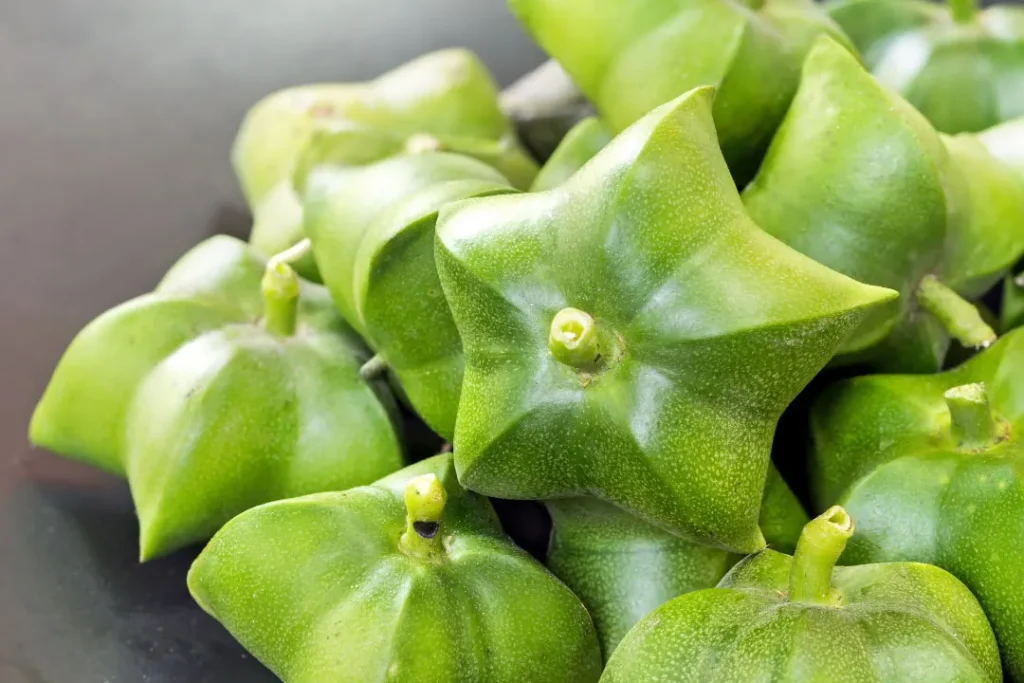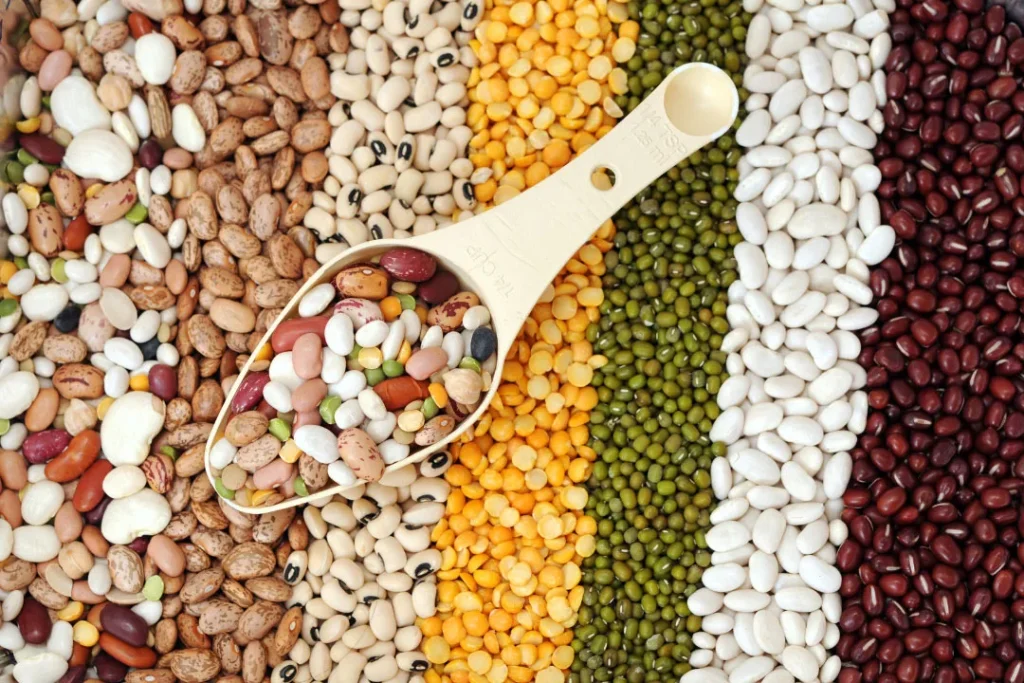So, you want to jump into the world of greens? Determining whether a plant-based diet is right for you requires self-reflection and consideration of your health and lifestyle goals. We’ll address important questions to consider before making such a significant change.
For dedicated carnivores, making the switch to a wholly plant-based diet can seem a daunting task. Eating primarily whole, unprocessed foods that come directly from plants sounds restrictive. However, adopting a plant-based diet can yield many life-changing benefits, and there’s a wide world of foods to enjoy.
While meat, poultry, seafood, and other animal products, including eggs and dairy, are generally limited under plant-based diets, it’s a common misconception that all plant-based diets require eliminating animal products. While some people may choose to go vegan or vegetarian, it’s not a one-size-fits-all approach. Any plant-based diet focuses on whole grains, legumes, vegetables, fruits, nuts, seeds, and various plant oils (olive, avocado, and the like). These foods are minimally processed, eliminating potentially harmful chemicals or additives that can result in dangerous consequences, including diabetes, obesity, heart disease, and more.
You May Also Like:
Supplements for Adderall Anxiety: 5 Great Ingredients that Really Work
Blood Sugar Balance Supplements: Natural Ingredients for Better Blood Sugar Control
Is a Plant-Based Diet Right for You? Ask Yourself These Questions. is an original (PlantBasedHealthNews) article.
Should you go plant-based?
So, who would benefit from such a diet? Almost anyone can reap the rewards of consuming more plants and their byproducts. Healthy people may find that a plant-based diet gives them far more energy or helps them achieve a specific fitness goal. If, however, you’re struggling with high cholesterol or high blood pressure, have a family history of heart disease or diabetes, or simply want to lose weight, a plant-based diet might help you reach these goals at a quicker rate.
Plant-based foods are rich in vitamins, dietary fiber, minerals, and antioxidants while low in calories, saturated fats, and cholesterol. All these factors combined lead to a healthier you. Your body needs a complex array of proteins, nutrients, vitamins, calcium, and other essential components to function at its best, and a plant-based diet can give you these in spades. That’s how a plant-based diet can prevent, manage, or reverse a disease like diabetes. For example, all the foods under its umbrella can improve insulin function, lower weight, and help cells regulate blood sugar.
A plant-based diet can also reduce inflammation in the body; no matter where you live, you’re likely subjected to airborne toxins, bacteria, and free radicals daily. While preventative steps can be taken on a skin-deep level, a diet heavy in or wholly based on plants can work on a cellular level within your body to stop inflammation from taking root. For this reason, plant-based diets are often recommended for protection against diseases such as cancer or arthritis, as they can block some of the initial triggers of inflammation.

Where do you start?
If a plant-based diet sounds like a lifestyle change you’d like to adopt, there are certain avenues you can take to reach that leafy green goal. Going plant-based doesn’t mean you must cut out meat or animal products completely—they just need to become a microscopic part of your daily diet. Technically, there’s no set rule on exactly how much of your diet needs to come from plants, but an excellent place to start is allotting at least two-thirds of each meal to plants.
Being open to trying new foods is essential in embracing a plant-based diet, as expanding your lexicon of leafy greens will enable you to diversify your meals and keep your kitchen a vibrant and creative place. Sure, you may be familiar with some of the most standard vegetables and fruits—spinach, kale, carrots; apples, oranges, bananas—but if you dig deeper, you can find all sorts of new and exciting varieties: juicy heirloom tomatoes that yield nuanced tastes, bright dragonfruit, dandelion greens, fiddleheads, and more. With over 400 types of edible beans and various seeds and nuts, the possibilities within plant-based diets are endless.

Ethical considerations
Once you land on a plant-based diet, you can decide whether to cut out meat entirely or eliminate all animal products. For some, the motivation to go meat-free may come solely from specific health goals; for others, there may be more ethical considerations. Research has shown that a strictly plant-based diet reduces your carbon footprint, as you’re not engaging with the massive amount of natural resources required to produce animal food. Red and processed meats have the highest environmental impact of all food—they create the most significant amount of greenhouse gas emissions and require an incredible amount of irrigation water, farmland, and chemical fertilizer.
Additionally, eating a plant-based diet removes you from an ecosystem of egg, meat, and dairy production that causes animals mass suffering and lies on unsustainable, shaky ground. Various farming practices, including factory farming, inhumane confinement, and slaughtering of animals, not only create torturous conditions for animals but also contribute to negative environmental impacts. The more people eat plant-based diets, the lower the demand for meat, dairy, eggs, and other animal products.
Make sure the nutrition is whole
If you pursue either a vegan or vegetarian diet, it’s crucial to recognize that your sources of protein will likely be more limited than they were before—meat and animal byproducts like dairy are protein powerhouses and provide vital fuel for the body. To make sure your nutrition stays top-notch, alternative sources of protein are necessary; luckily, based on the influx of both science and those turning to plant-based diets, protein supplements are widely available.
Healthy Truth offers a wide variety of plant-based protein supplements. Among Healthy Truth’s products is the Go Pro Organic Cacao Plant-Based Protein Powder, made from a proprietary blend of brown rice, pea, and Sacha Inchi proteins. It is also free of gluten, soy, and dairy while boasting a delicious flavor with only 1 gram of sugar. This powder is incredibly impactful for those looking to build muscle. Incorporating such a powder into your diet is an excellent place to start if you want to try a plant-based diet but are worried about maintaining muscle fueled by meat.
Another product, the Go Gold Blueberry Pomegranate Recovery Blend, is an ideal product for those looking to tackle inflammation. It’s also great for post-workout recovery and has zero additives or sugar. “I wanted to create something that’s clean as can be,” says founder and CEO Bruce Namenson, who’s been on a plant-based diet for many years. “The Go Gold totally rids your body of inflammation, and it’s a natural way to rid your body of inflammation, unlike taking a pill.” He points to Go Gold’s turmeric and curcumin blend as the essential anti-inflammatory powerhouse.

Adopting a plant-based diet
While a plant-based diet might not be for everyone, its many potential benefits are worth considering. Whether you want to improve your health, protect the environment, or simply try a new way of living, eating plant-based foods may help you meet those ends. With a vast world of fruits, vegetables, grains, legumes, and nuts at hand, it’s an accessible option. If you’re considering going plant-based, below are some additional resources to help you start your journey.

For further reading:
eatright.org: Vegetarianism: The Basic Facts
Physicians Committee for Responsible Medicine: PLANT Act Introduced in Congress to Ensure USDA Support of Plant-Based Diet, Potentially Saving Billions in Health Care Costs and Fighting Climate Change
Nutritionfacts.org: Plant-Based Living Series
Dr. Ave: Plant-Based Diet: Disease-Protective + Promotes Major Weight Loss
Important Note: The information contained in this article is for general informational purposes only, and should not be construed as health or medical advice, nor is it intended to diagnose, prevent, treat, or cure any disease or health condition. Before embarking on any diet, fitness regimen, or program of nutritional supplementation, it is advisable to consult your healthcare professional in order to determine its safety and probable efficacy in terms of your individual state of health.
Regarding Nutritional Supplements Or Other Non-Prescription Health Products: If any nutritional supplements or other non-prescription health products are mentioned in the foregoing article, any claims or statements made about them have not been evaluated by the U.S. Food and Drug Administration, and such nutritional supplements or other health products are not intended to diagnose, treat, cure, or prevent any disease.
